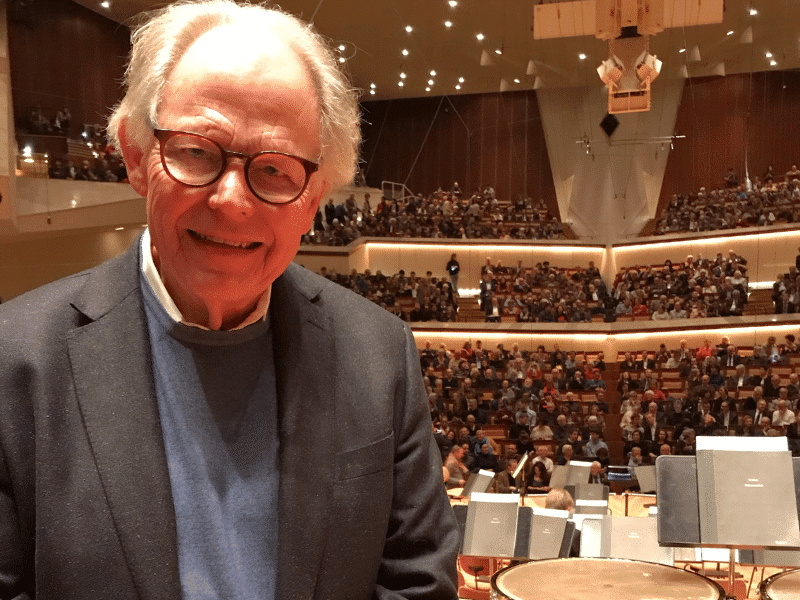The Long Read: Is opera trans resistant?
mainThe countertenor Alexander Pullinger has written a paper examining why transgender singers find it so hard to break through in opera.
He tells Slipped Disc: Over lockdown, East London-based charity Sound Connections funded me to write a paper on empowering transgender voices by making singing spaces more inclusive and trans-positive. In my work as a classical singer, I’ve found that transgender people commonly encounter significant barriers to accessing auditions, safe tuition, choral groups and progressing their careers. This is largely because of the incorrect association of voice type with gender identity. The accounts of transphobia I include in my paper are by no means unique. We are seeing this problem reflected in the number of professional transgender singers in our concert halls and on our opera stages.
You can read Alexander’s full article here.
Here’s the lead-in:
The pain of not being able to sing with others is something many freelance singers have experienced over the past few months, as a result of COVID-19. Many of us who sing professionally have suffered not only from the financial impact of restrictions on live singing, but also the emotional impact. Despite our best efforts, we have lost much of our sense of community, and the tangible joy of singing together in front of an audience. It is encouraging to know that we might be singing together again before long, perhaps looking back and wondering how we all made it through that flat, sad, songless time. With a vaccine in sight, I am tentatively optimistic. The prospect of not singing together again indefinitely is excruciating to consider.
And yet, for many singers who are transgender, organised singing has always been, and will remain, largely inaccessible. I was entirely unaware of this until very recently. As far as I knew, I had never seen, nor worked with, any transgender singers: not as a boy chorister, nor as a choral scholar, nor anywhere on the freelance circuit in the UK and abroad. For a long time, the strangeness of this had not occurred to me. That is, until I made a connection between conventions in organised singing and the everyday challenges transgender individuals face – a connection I made as a result of being exposed to my (transgender) partner’s experiences in the wider world. I cannot now unsee the viscerally damaging effects of ignorant behaviour – whether it is overt or much more subtle – upon transgender people in singing environments. In either case, the harm is both acute and lasting.
This simple shift in awareness means I can recognise transphobia in its various forms and intervene. The outcomes have been heartening on the whole. I have seen that institutional change is possible through education and dialogue. That is why I have chosen to develop my
trans advocacy work in singing, and consolidate the knowledge I have gained, in order to share it with Sound Connections and my peers….
Read on here.






Comments